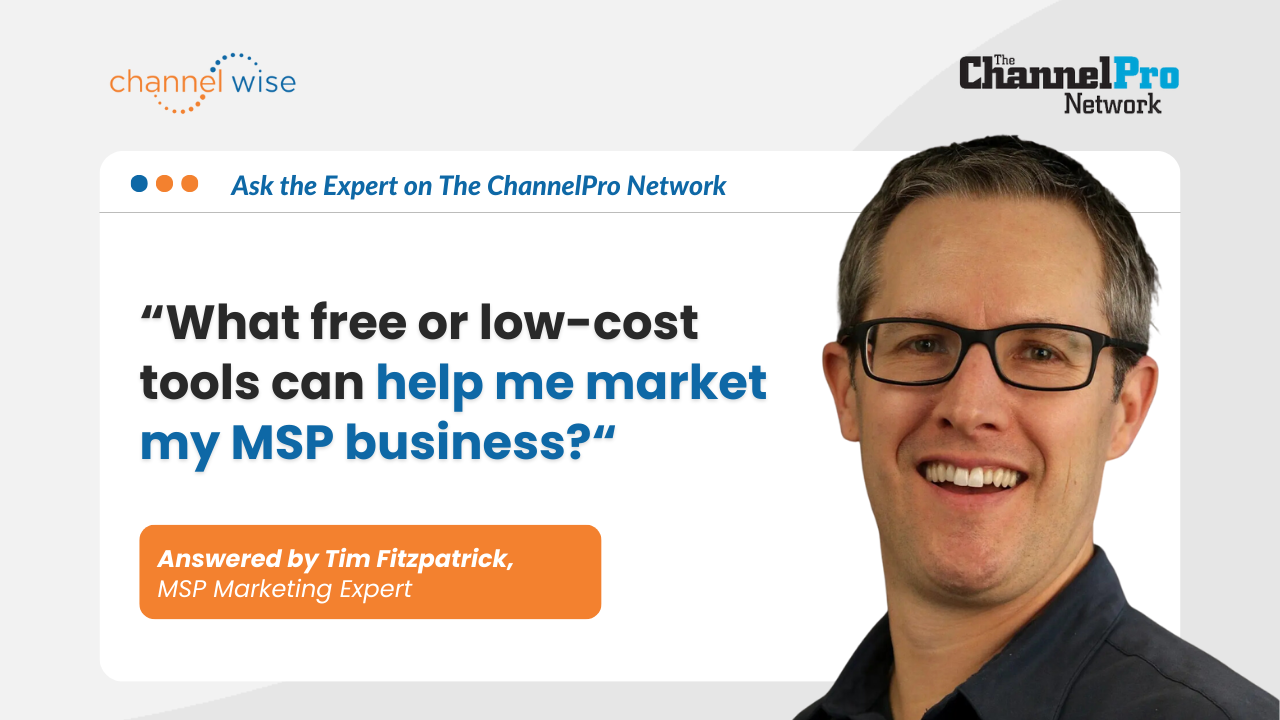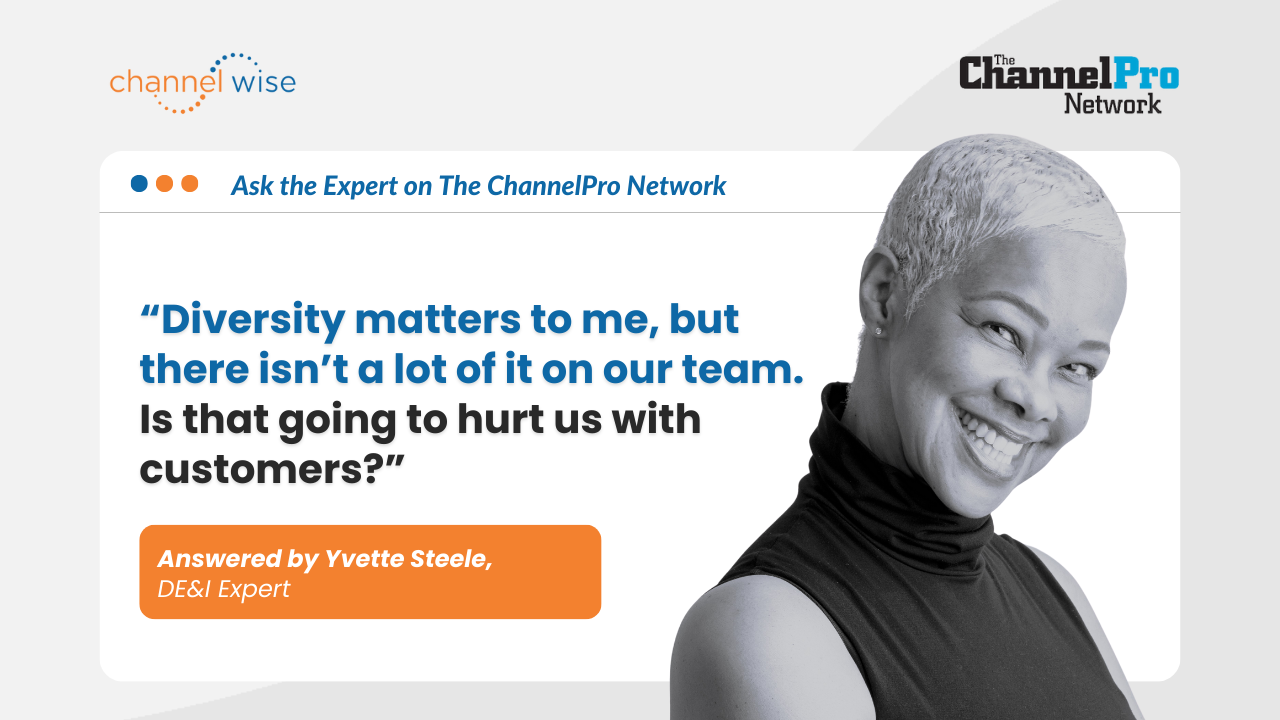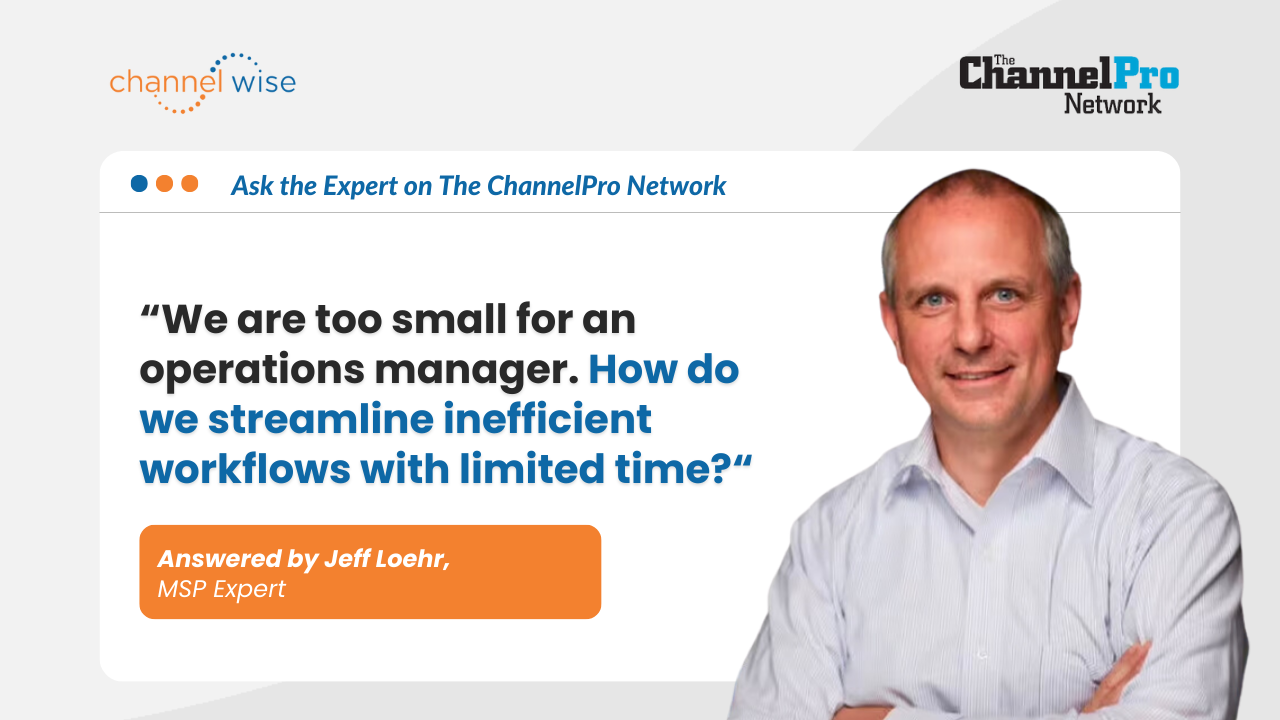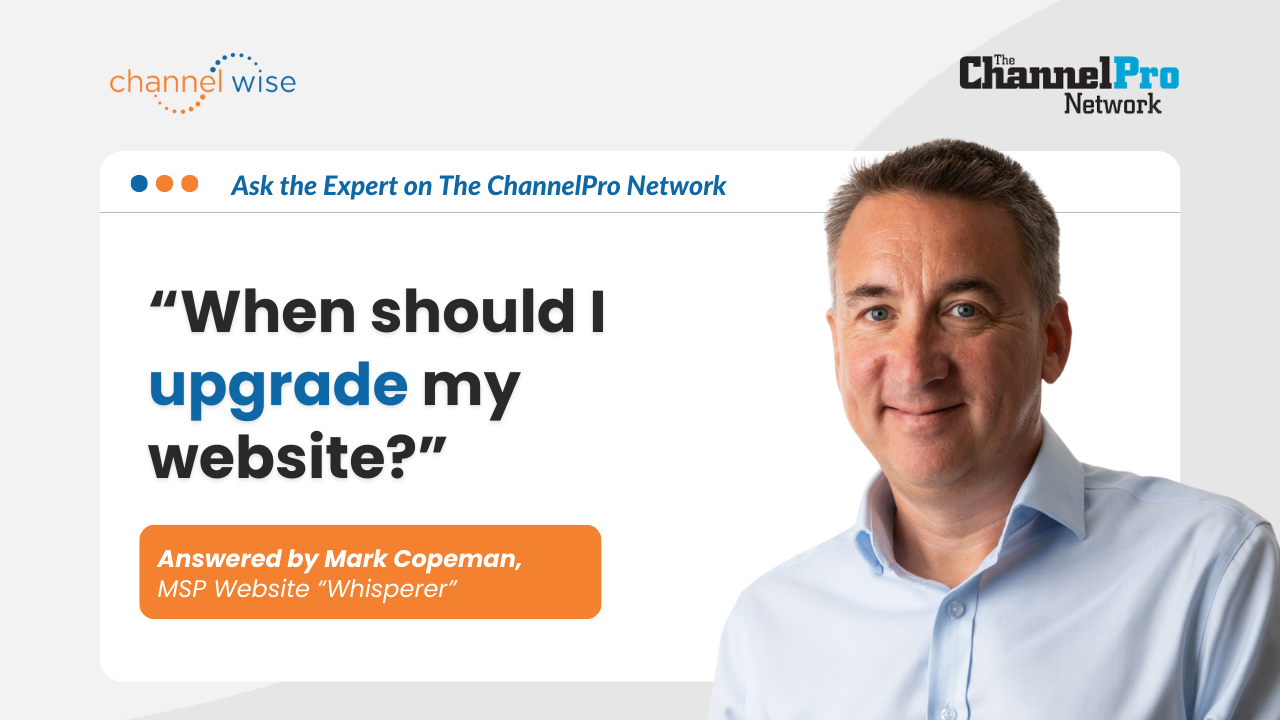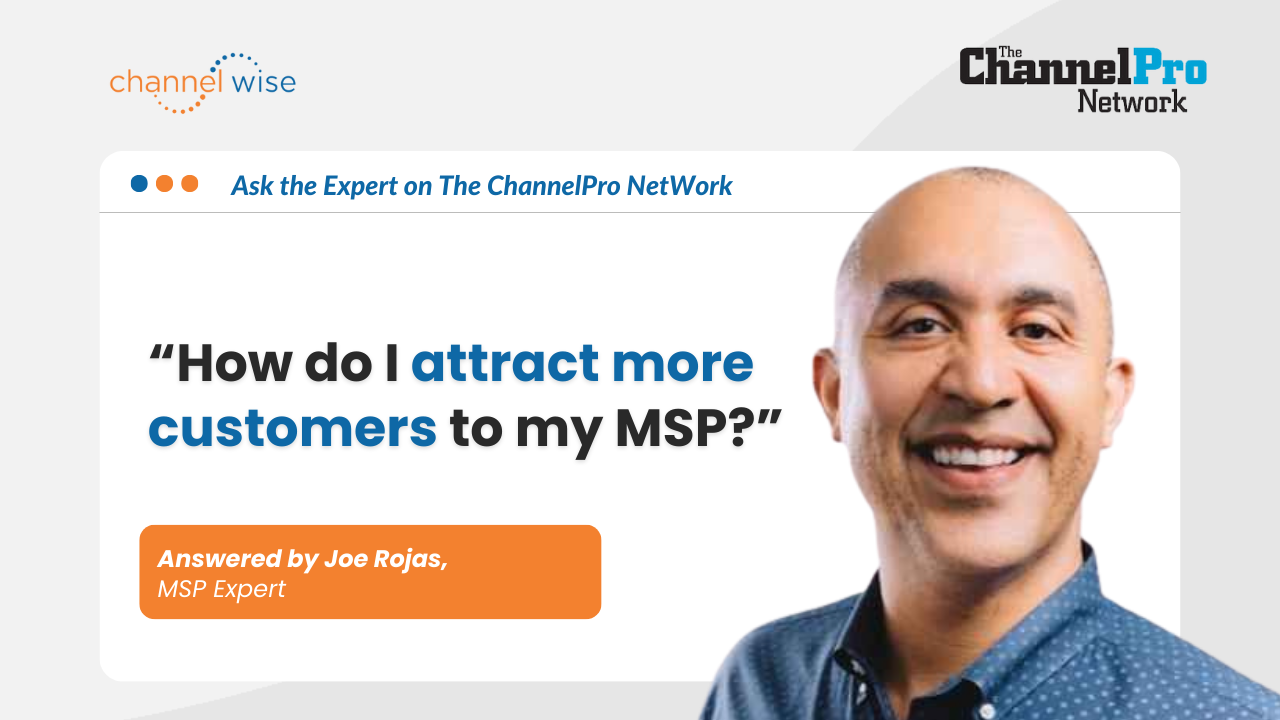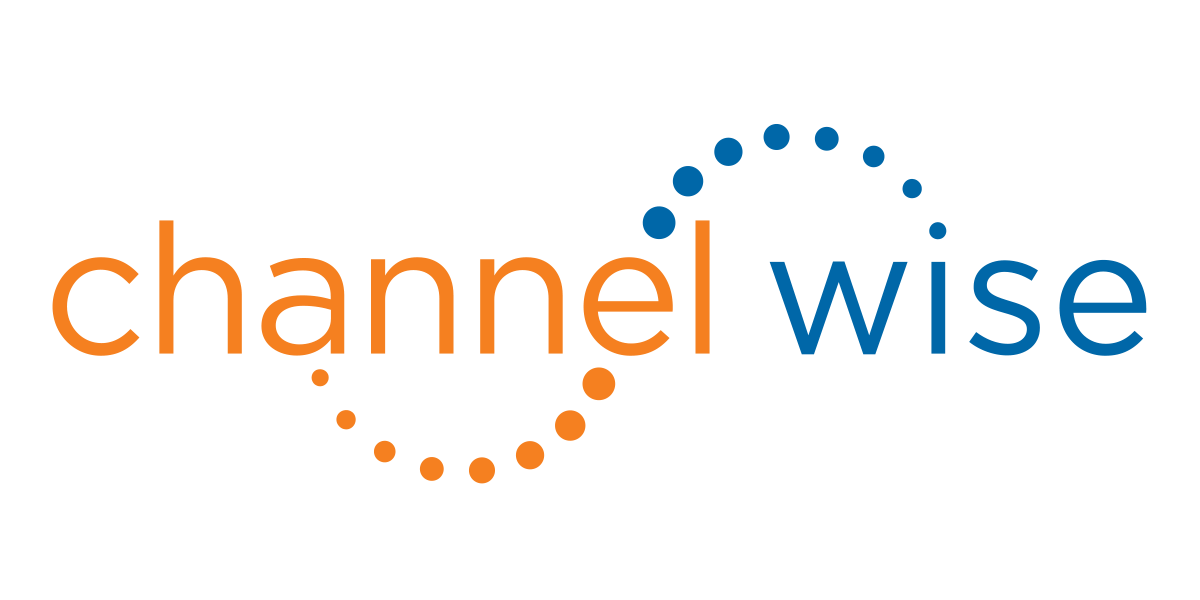How to Build & Manage a Channel Ecosystem with Nancy Ridge
Click here to watch the replay:
It is increasingly important for companies to understand and be involved in the channel ecosystem. In fact, 86% of the new opportunities organizations have in their funnel come from partners. This means that organizations must know how to provide a positive partner experience.
In this Ask the Expert episode, Kathryn Rose, CEO & Founder of channelwise, interviewed Nancy Ridge, a channelWise Expert and Founder & CEO of Ridge Innovative, to delve into how to build and manage a successful channel ecosystem.
Highlights
- Building and managing a successful channel ecosystem requires interdependency, early adopter partners, and following best practices.
- Automation through Partner Relationship Management Systems(PRMs) and ecosystem platforms is crucial for success and scalability in the channel ecosystem.
- A positive partner experience directly impacts customer experience and revenue, making it a top priority for organizations in the channel ecosystem.
What is the difference between a channel and an ecosystem?
A channel is a distribution method, while an ecosystem is a value-creation network beyond distribution. However, in our industry, the two terms are often used together to describe the interdependent roles played by each party in the value creation and distribution of a company's products or services. The key idea is that each party in the ecosystem or channel provides value to targeted markets or end users.
What is your advice for people in the channel who have been around for a while?
It is important to look beyond the traditional ways of attracting partners while valuing the importance of relationships in the industry. Trust has become more important in today's digital world, making human interaction more special. Furthermore, leaders should embrace early adopters willing to try new things as they bring innovative ideas. They should encourage people in the channel who have been around for a while to let go of old paradigms, get with the flow of what's happening now, and have an early adopter mindset, as it is important to change and stay competitive in the market.
What are some best practices and advice for people entering the channel?
The biggest blocker to improving or getting new programs off the ground is a lack of internal expertise in partner operations, strategy, and development. That’s why leaders at the top must acknowledge that an ecosystem is a place where they can value every major stakeholder's contribution to achieving their goals. Also, choosing partners wisely and having automation in place to build, scale, and serve all partners correctly is essential. They must remember that building a channel ecosystem takes time and requires building relationships, which is a process. The leaders must embrace the idea and direction, or they'll have a divided organization, which won't succeed.
What does automation mean in the channel ecosystem?
Automation refers to integrating different systems to manage partner operations effectively. It is necessary for streamlining messaging, partner onboarding, managing customer data, and retention. In a subscription-based world, it is important to have data readily available and automate the partner and customer experiences so businesses can keep up with the pace and scale efficiently.
How does automation impact the importance of face-to-face interactions in business?
Face-to-face interactions are still important in automation systems. Relationships and trust are critical, and customers want to know that there is a person they can trust to vouch for their decisions. However, automation is necessary for streamlining processes and having data readily available to show up with what partners and customers require in real-time. A bot cannot replace the value of physical support and trust-building.
How can organizations that have been in the channel for a while increase the efficiency of their channel?
Organizations must hang on to tribal knowledge and retain the employees and partners who will help them succeed. To increase efficiency, they should create an attractive workforce environment for people to come and stay. It's also important for these organizations to address challenges such as confusion from mergers and acquisitions. Automation can play a key role in increasing efficiency, but it's also important not to rely solely on automated systems and to provide physical support and face-to-face interaction.
How does the partner experience affect the customer experience?
Our findings showed that 86% of new business opportunities for organizations come from their partners. This highlights the importance of organizations taking care of their partners and ensuring their partner experience is positive. Partners play a crucial role in realizing client results, with 100% of the companies surveyed stating that partners are the key to their success. This study highlights the importance of partner experience and how it directly affects customer experience and revenue.
For more advice about how to build and manage a channel ecosystem, visit Nancy's profile on channelWise.
Check out channelWise.com to find more experts to help you with your business or career.
Note: Transcript is edited for time and clarity. Originally published on LinkedIn.
